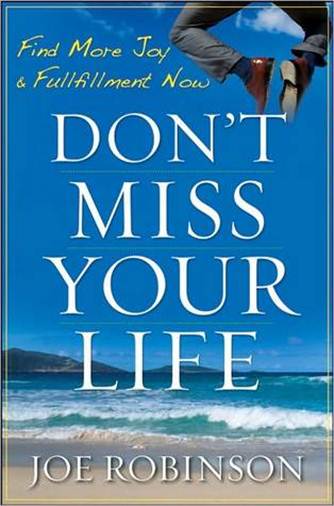Many of us define who we are by what we do, especially
in this age of job 'insecurity'. Here's how to get — and keep — a life beyond
the office.

In 2009, journalist Verashni Pillay, 28, from Cape Town, was
offered her “dream job” at the Mail & Guardian. “I was quickly
promoted — twice within three months. I was 25. For the next two years I ran
the online editorial team as deputy editor. It was a massive increase in
pressure – and profile.”
At the end of last year, and feeling close to burnout,
Verashni went on a three-week holiday (her first full break in her working
life) and a self-guided retreat involving "some soul-searching and
prayer".
She came to this realisation: "I'd forgotten why I do
what I do: because I enjoy the work and because I believe that it makes a
difference... Instead I had made my work about myself, which is a dangerous
place to be in. This means if you're doing well, you get arrogant, and if
you're doing badly, you're depressed.
"My work can get intense but the pressure is off me in
a sense. I need only do my best, in a balanced way — and, most importantly,
what I do doesn't validate or define me..."
Your job identity
Defining who you are by what you do is a mindset that's easy
to adopt (and often we do so without realizing it), especially when you
consider the amount of time and energy we spend on both finding the right
career and working in it.
And when we're experiencing tough economic times, or operate
in a competitive labor market, it's that much easier to go into what Cape
Town-based GP and integrative health practitioner Dr David Nye calls
"survival mode". This means working harder and longer hours, whether
driven by a boss or by yourself, to keep that job, get that promotion, or just
maintain some semblance of security – often to the exclusion of all else.
In Don't Miss Your Life (John Wiley & Sons), work-life
balance trainer Joe Robinson warns against taking on "the performance
identity" and its characteristic "productivity paranoia, measures
your worth by "work output and/or the status of job or profession, rather
than by your worth as a person".

Don't Miss Your
Life (John Wiley & Sons)
Of course, work can be a beautiful thing (in The Prophet,
poet Kahlil Gibran "which describes it as "love made visible").
"When you enjoy your work or it's a passion, this can
lead to a great sense of contentment," says Cape Town-based clinical
therapist Catherine Michelson. She doesn't agree entirely with Robin-son's assertion
that a job is "just a pseudo identity". "When you're coming home
from work not with a burden on your shoulders but with a happier sense of
yourself, this is a great thing.
"And if you're happy in your work, this often spills
over to other areas of your life, like family time."
The power of personas
Each of us has a range of potential and existing personas or
roles, such as parent, sibling, child, friend, boss...
"These personas are powerful because they seduce us
into behaving in habitual ways," explains Joburg-based life coach Katlego
Kolobe. “Our habits often form the basis of our character and then, of course,
how we show up in the world. We can, however, become overly identified with one
or a couple of personas and act in our bigger lives through this single role,
creating a lopsided life and sense of self. So, if a large part of your doing
and thinking is about work then it's easy to slip into believing that, for
example, your self-worth is equivalent to your net worth.”
A certain degree of productivity is key to feeling satisfied
and to building self-esteem, says Michelson. But a difference between being
driven by a love for your job — and because you like to do good work — and
being driven solely by productivity. You may have two people at the same level
of success, but who are driven by very different motives. There's an enjoyment
of the moment versus being outcome driven.”
“It’s a sign you're out of balance.” – DR. DAVID NYE, GP AND
INTEGRATIVE HEALTH PRACTITIONER
The latter she compares to "a leaky bucket" as
there's no sense of accomplishment after completing a task or activity;
"you have to continue filling up".
Basing all your worth on an externally driven goal or domain
— job performance, wealth, beauty — renders you vulnerable to what psychologists
refer to as "contingent self-esteem", writes Robinson. Indeed, a
number of studies suggest that workaholism may be both driven and perpetuated
by low self-esteem.
The thought may have already crossed your mind: so what
happens when suddenly there is no job, whether due to retrenchment or illness
(or retirement)?
Robinson believes it's even more important in uncertain
times to figure out who you are beyond your job. "It's your real identity
that gets you through hard times," he writes in an article for the
Huffington Post. "You have a foundation of worth to fall back on — skills,
social ties, and interests and enthusiasms that buffer the stress."